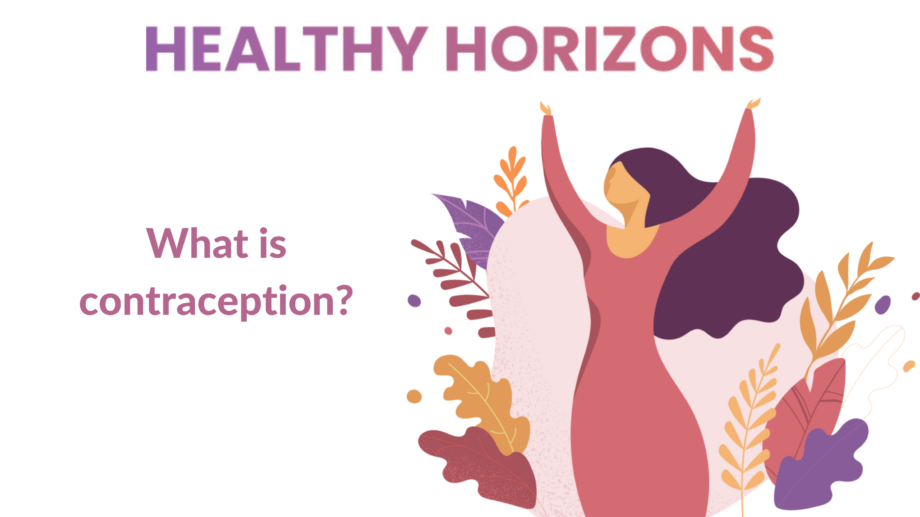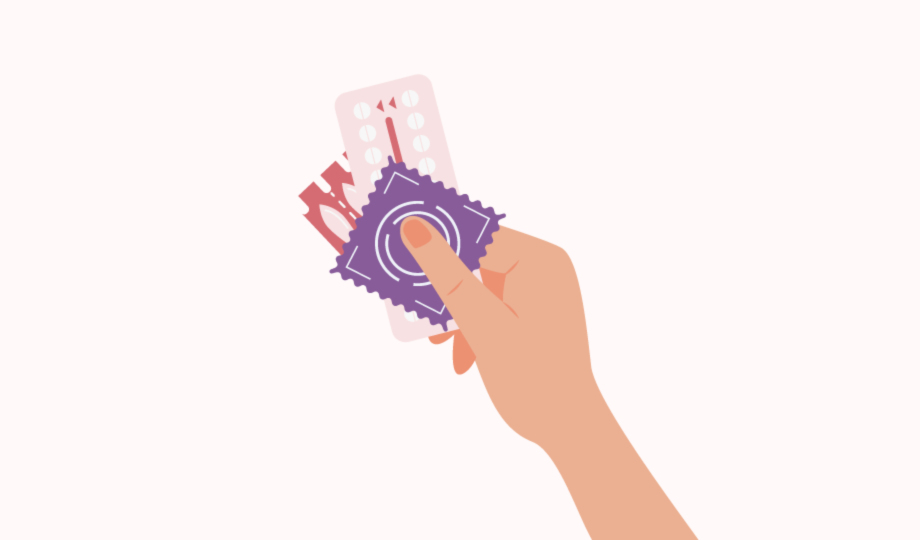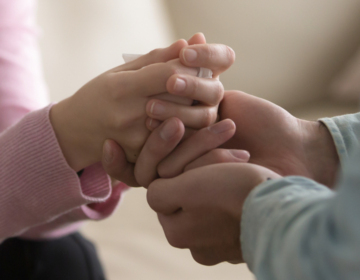Read Transcript
Contraception is any method that helps a woman to space or plan a pregnancy. So the most ideal situation is that babies are planned; and despite that ideal situation, only 50% of pregnancies in Australia are planned.
Most of the time we [medical professionals] have a number of options that are available for us to choose which one is more relevant for you. I'd like to go through the various options.
Some people prefer natural methods, and these are called fertility awareness methods. The problem with natural methods is that they do have a high failure rate.
The other options are including hormonal or non-hormonal options. There are also options that depend on how we use them. Some women prefer a tablet, others want to "fit and forget" and have a long-acting contraception; so that's another group of contraceptives that are available to us that are a bit under-utilised in Australia. We [medical professionals] actually are generally trying to raise more awareness about the benefits of these long-acting contraceptions that could either sit inside your uterus or go into your arm as a long-standing implant... obviously we have the oral contraceptive pill, and there is an injection we can take every three months to stop the ovaries from ovulating.
Finally we have (for women and men who have completed their family) the option of permanent sterilisation. That is relevant to many couples who don't want to use hormones or women that don't want to have anything artificial and want to have a long-term solution, they're certain that they don't want a bigger family size.
So to recap, the natural methods may include things like- and the important take-home message is please do not be confident of the natural methods. For example withdrawal, outside the vagina, many people think 'the partner ejaculated outside' in a male/female sexual activity; but even before a person ejaculates or releases sperm, you can actually release small amounts of sperm and that's why, in typical use, up to a quarter of the time it can fail. And that's a pretty high statistic; you don't want a quarter of the time to fall pregnant when you are trying not to. Some women try to isolate when they think they are ovulating and try to avoid sex in that period, but again the issue is that it's not a perfect art.
Actually, none of the contraception is a 'perfect art', so nothing is 100% effective. But there are certainly options that are far more effective than the natural options.
So the next group that we have are condoms. I'm sure you are all familiar with condoms. This is the typical male condom. And we've got female condoms as well that are available from chemists or shops. And the good thing about condoms is they do protect against sexually transmitted infections (STIs) and we're going to go into that very soon.
Let's always remember that there are two factors: one is about controlling your fertility and having a baby when you want it (and not having a baby when you don't want one), and the second priority is about protecting yourself against infections so that you are not vulnerable, because that infection could have long-term consequences.



